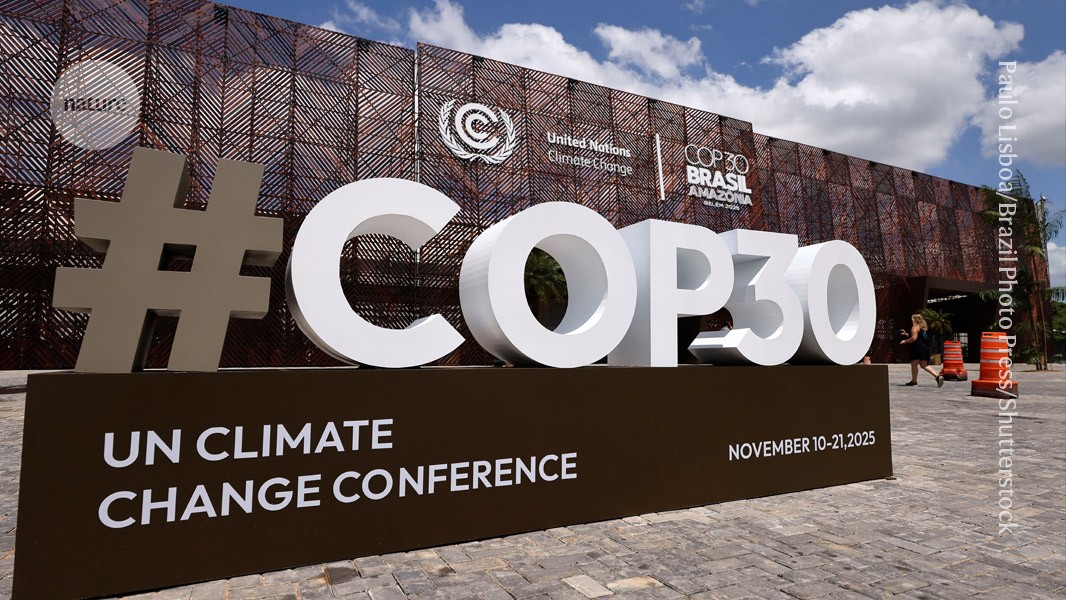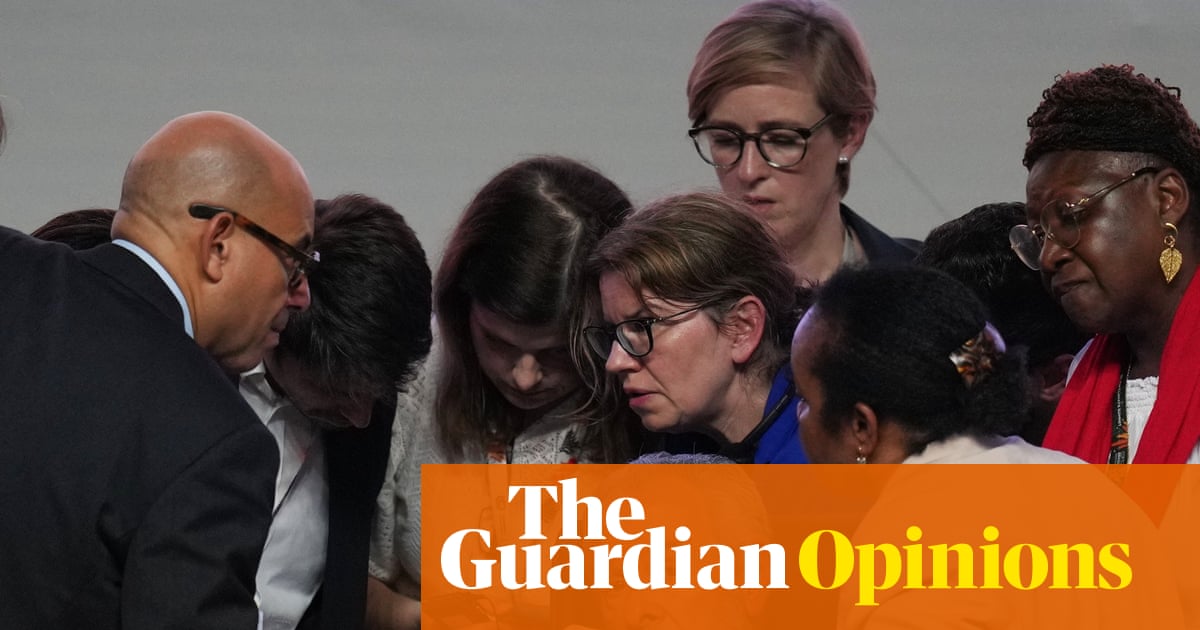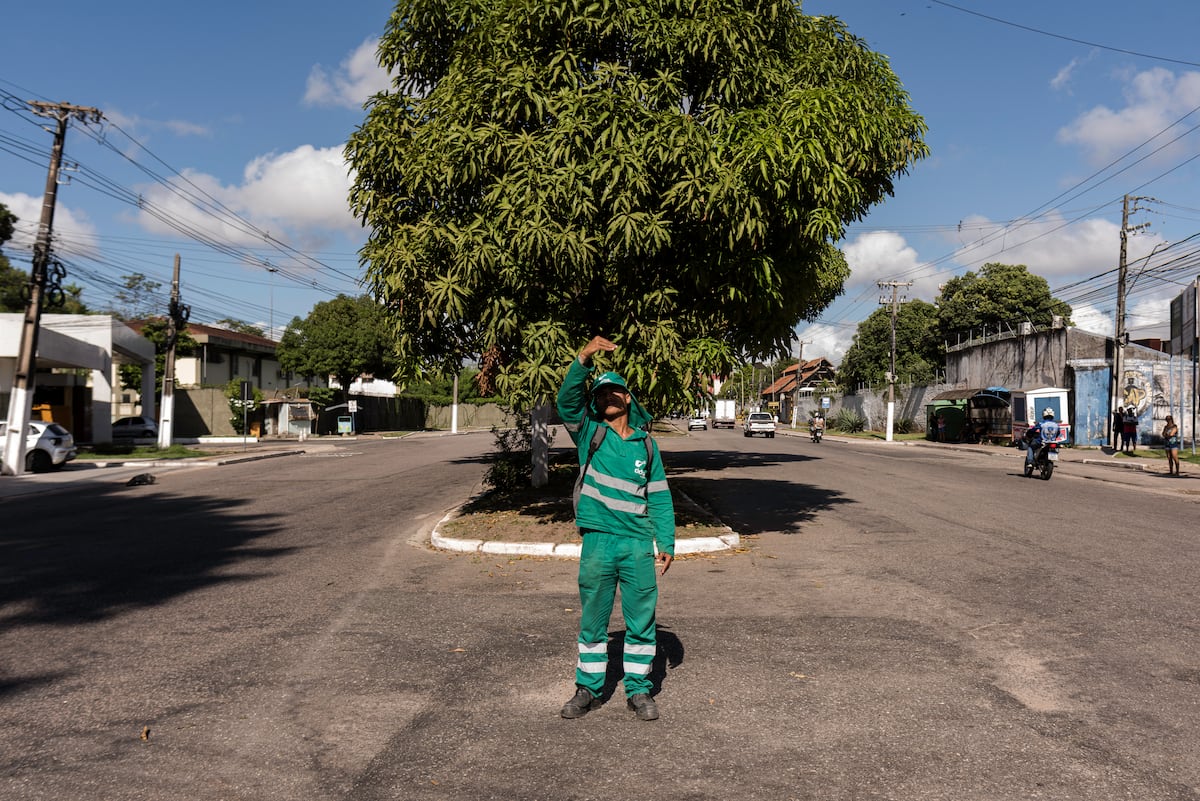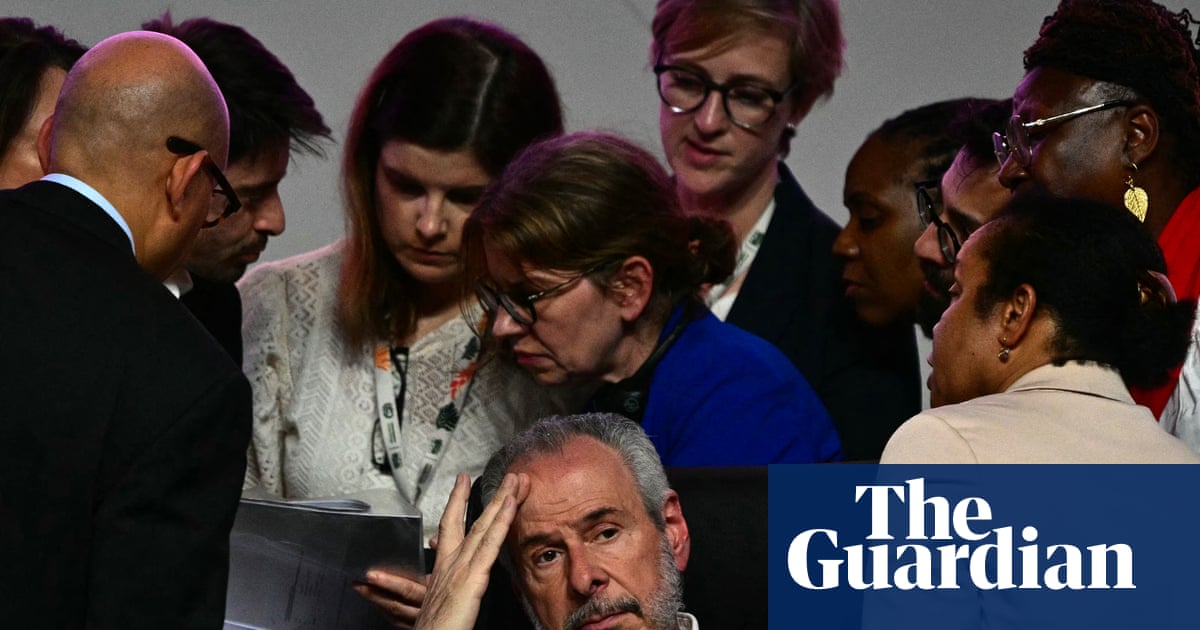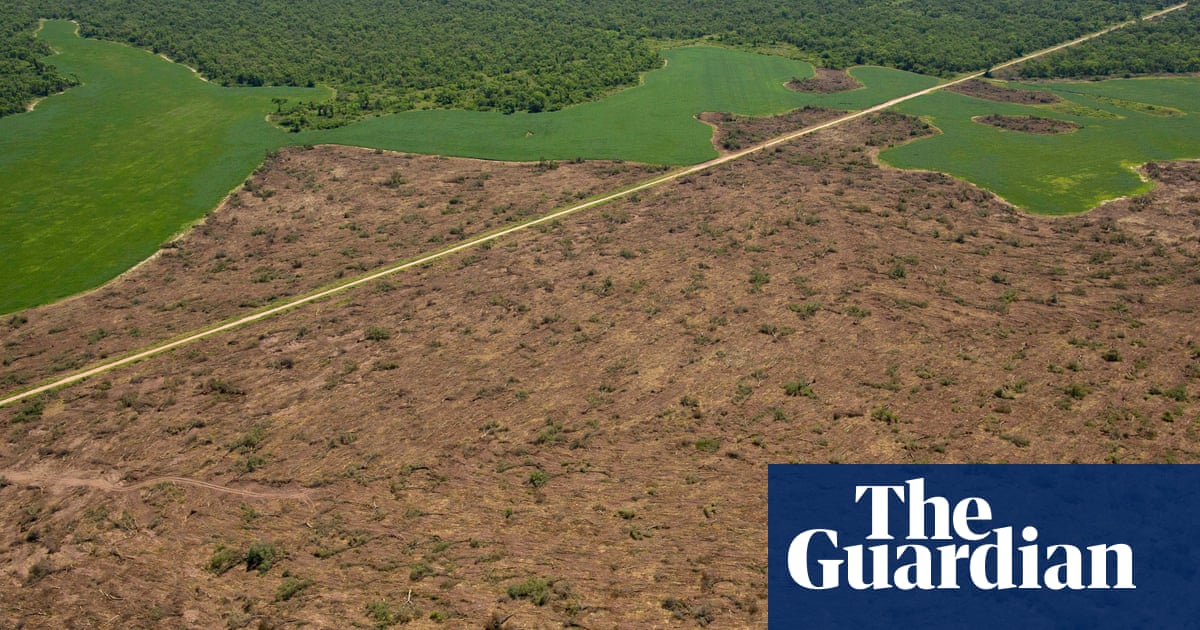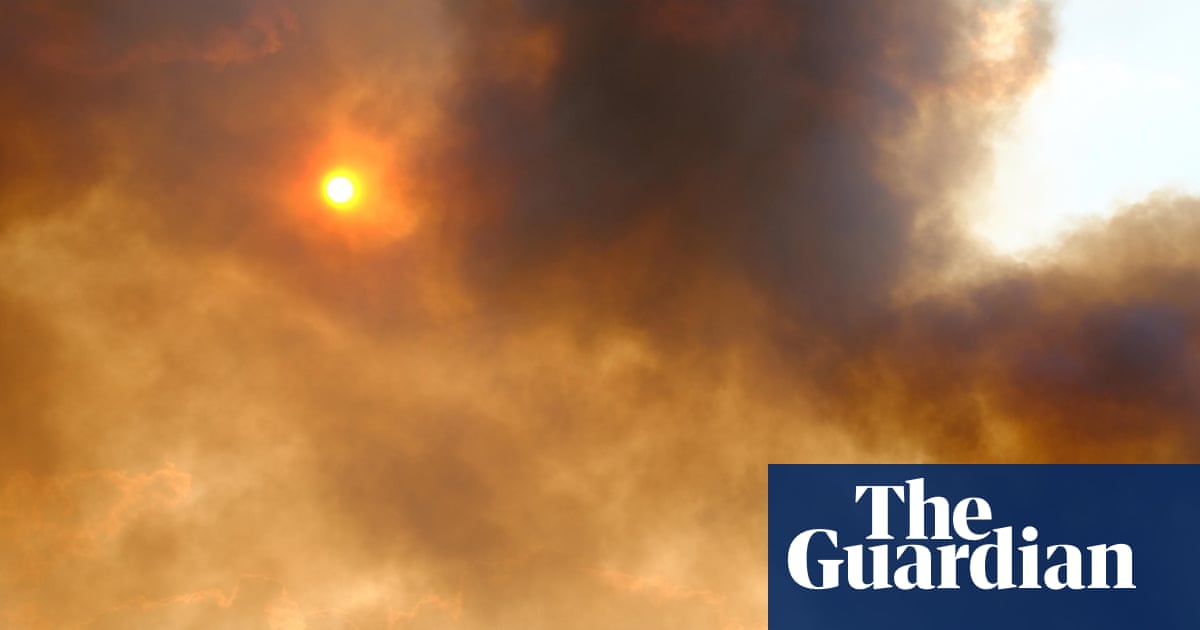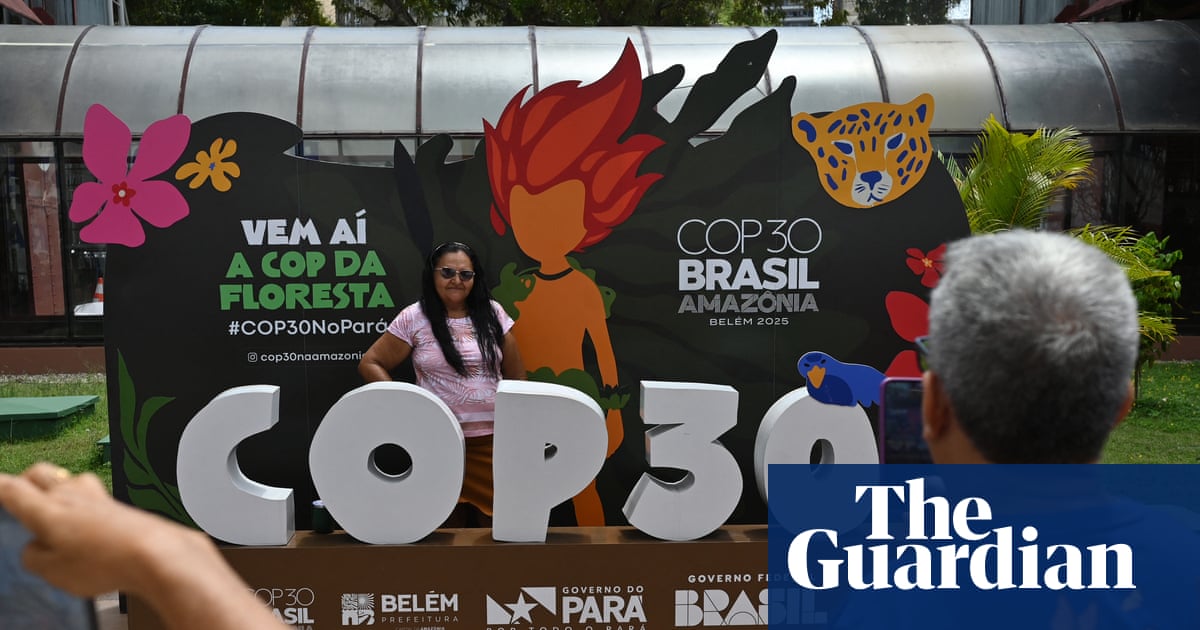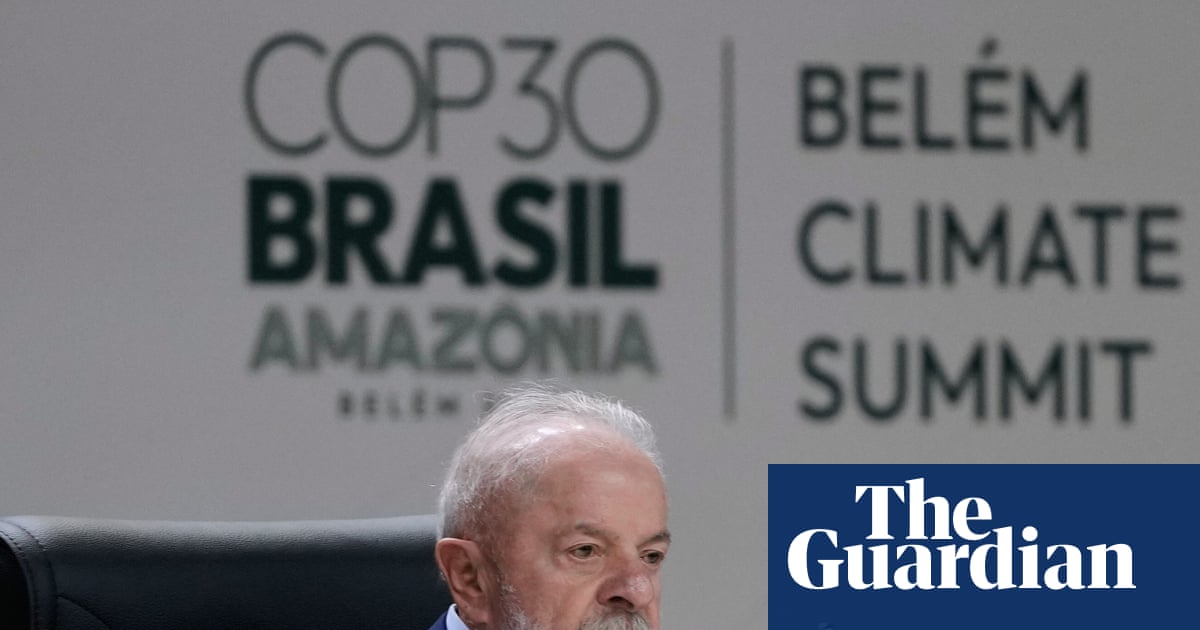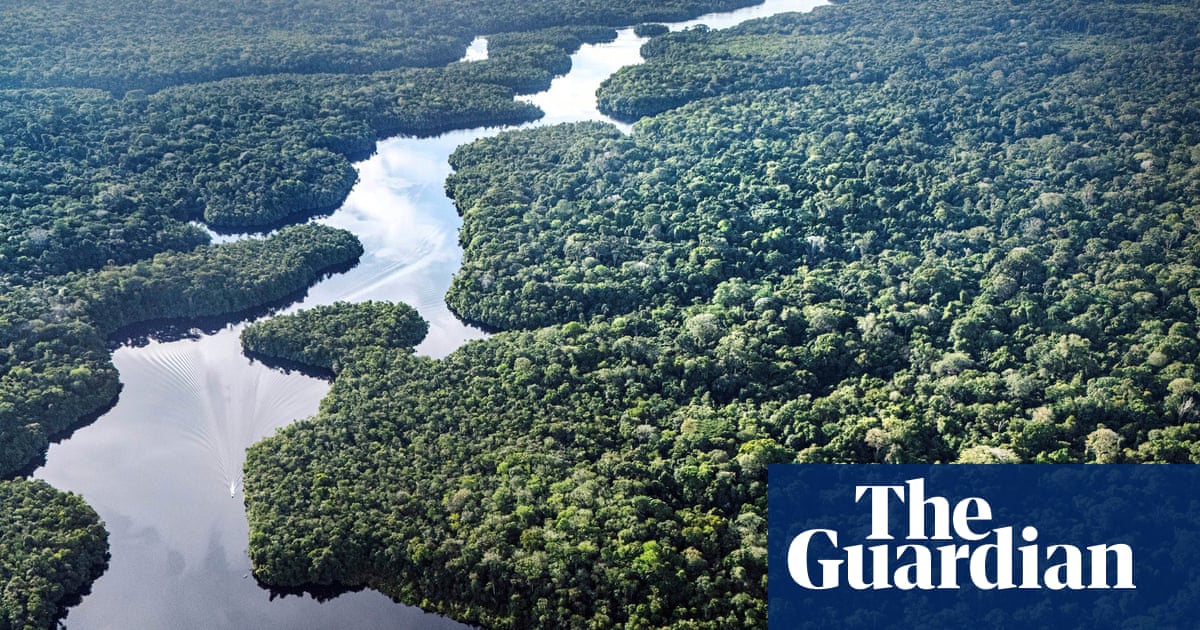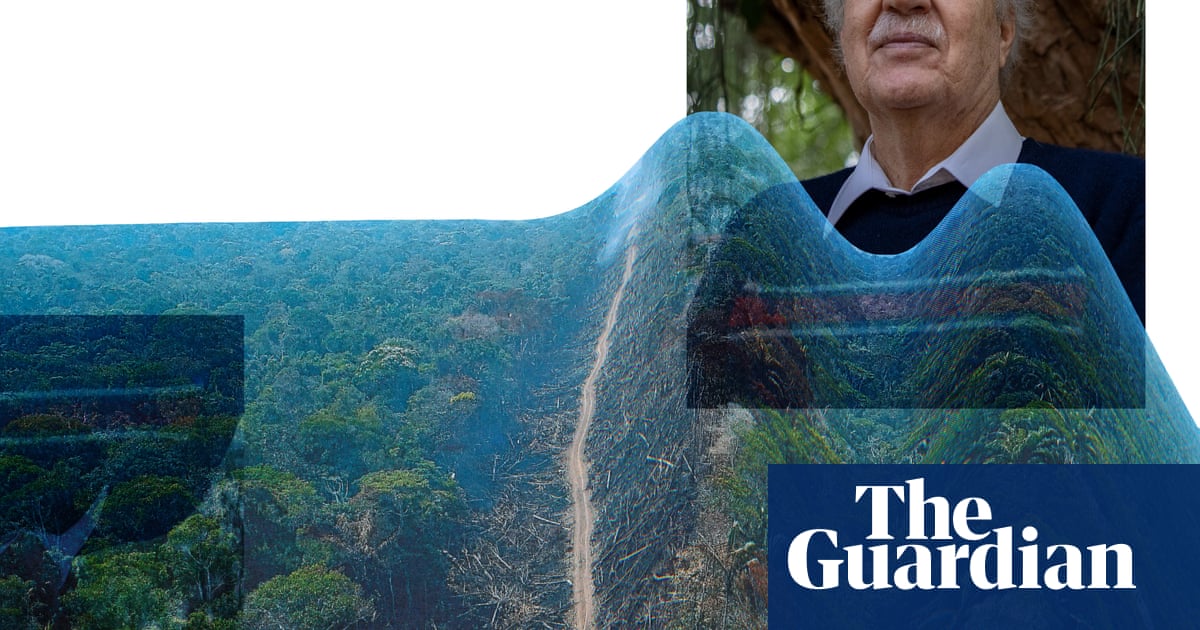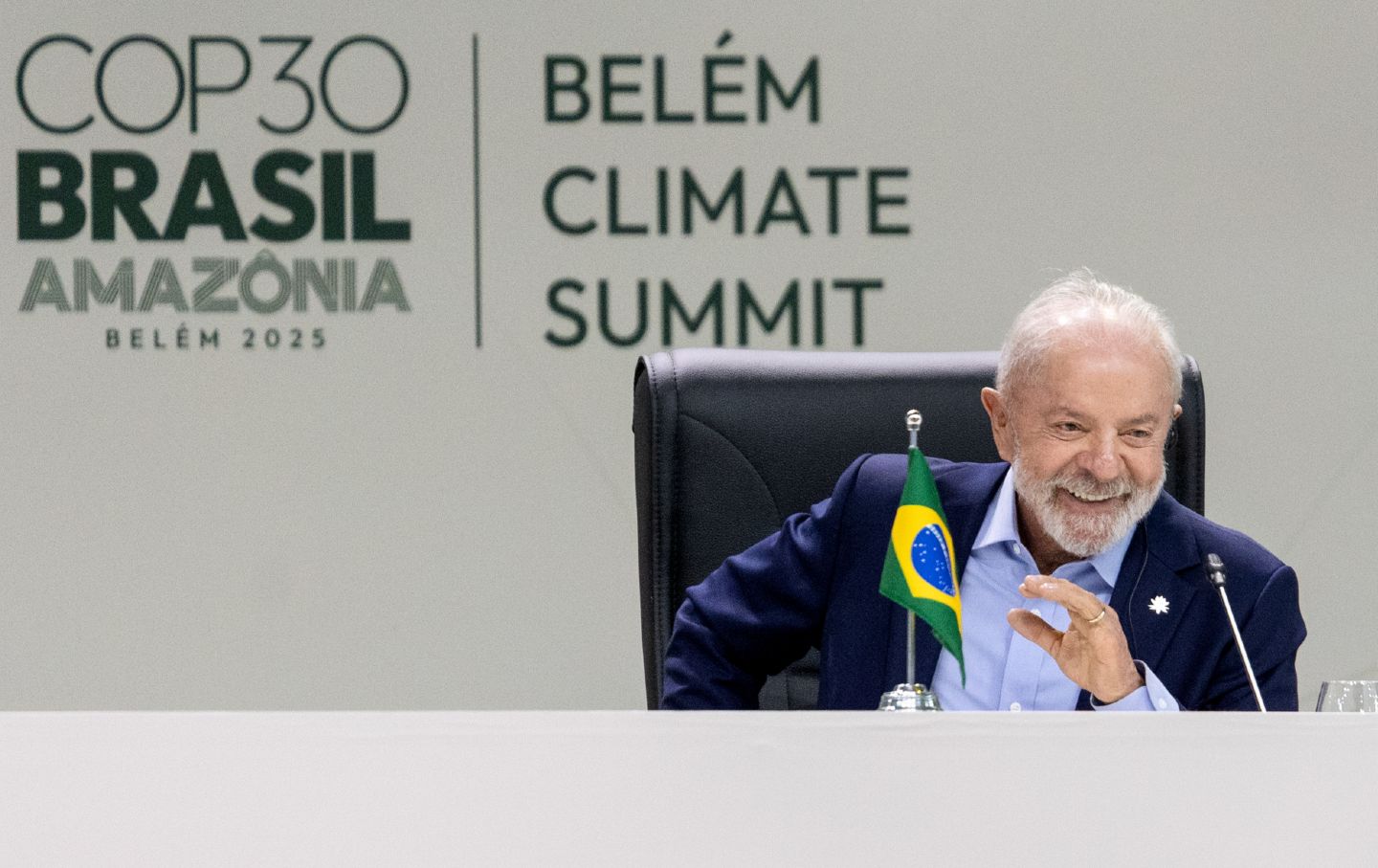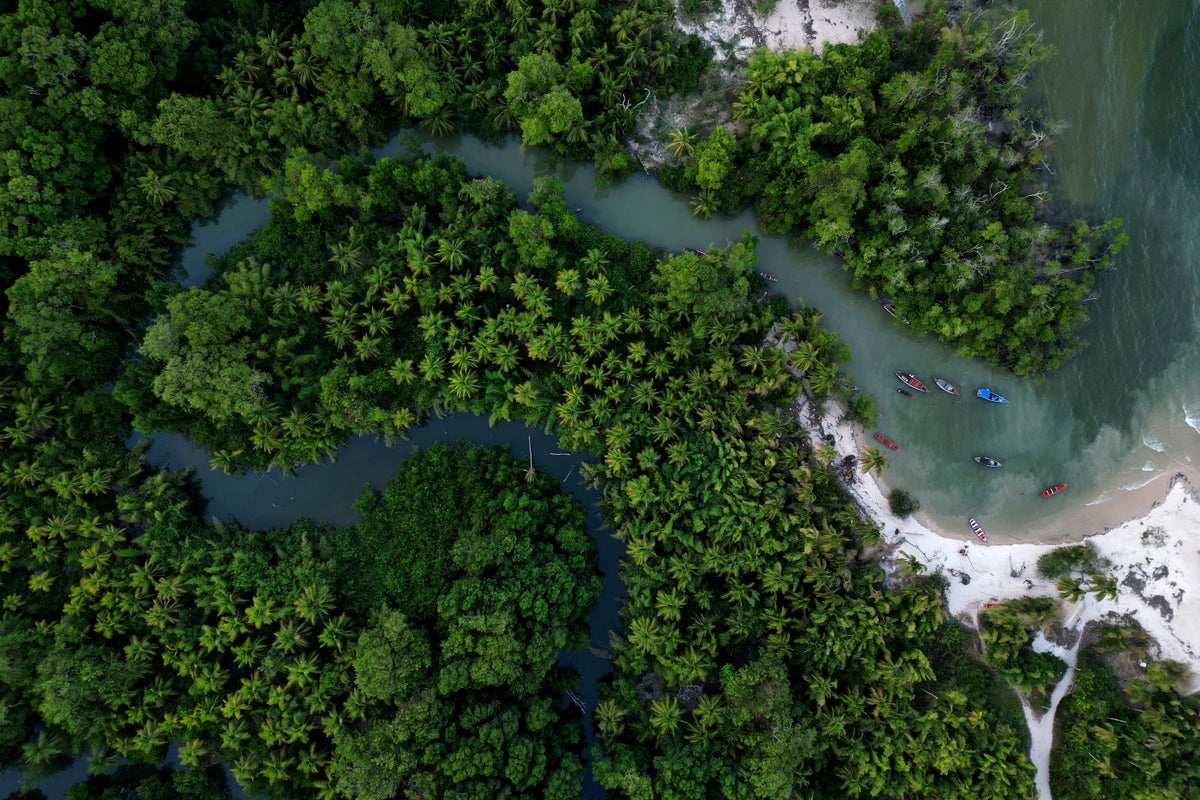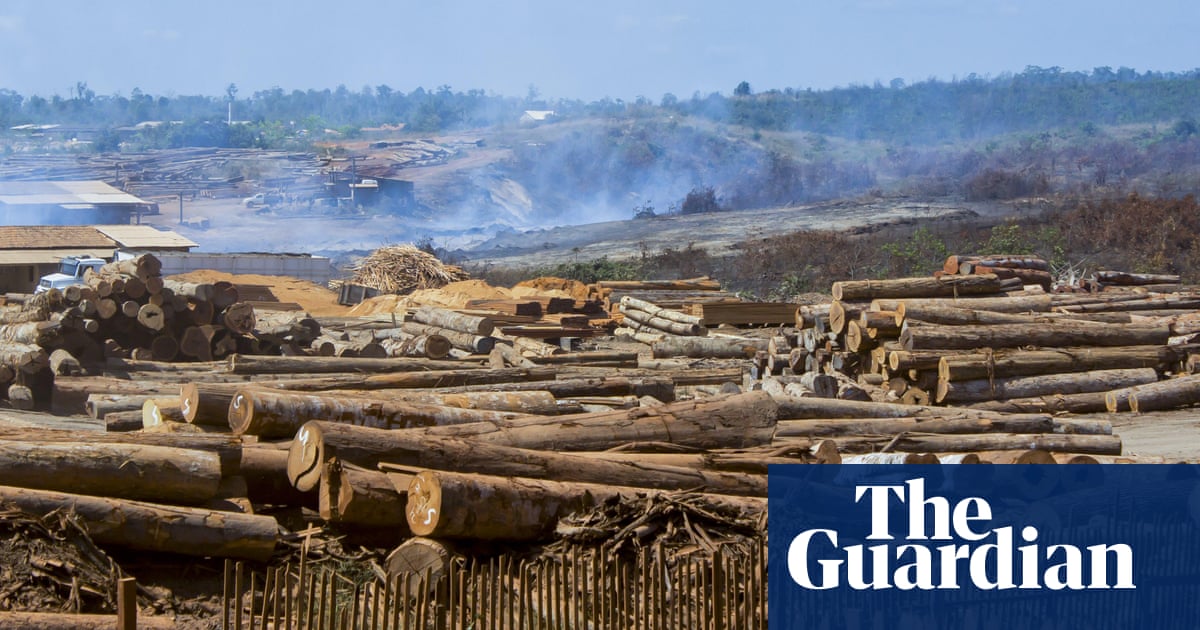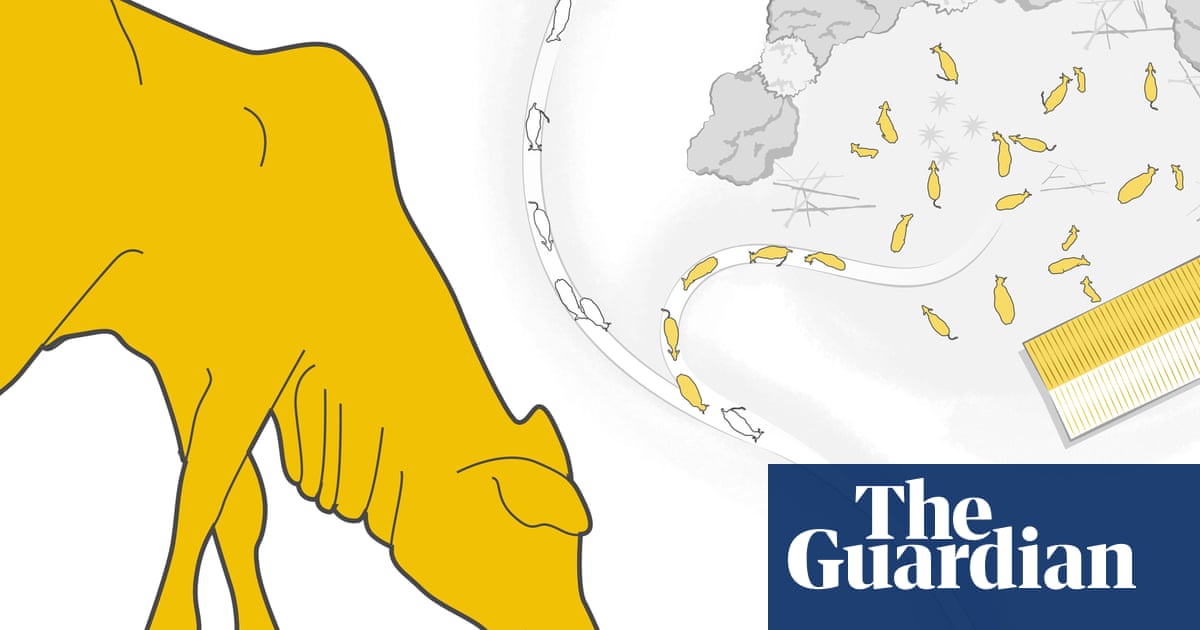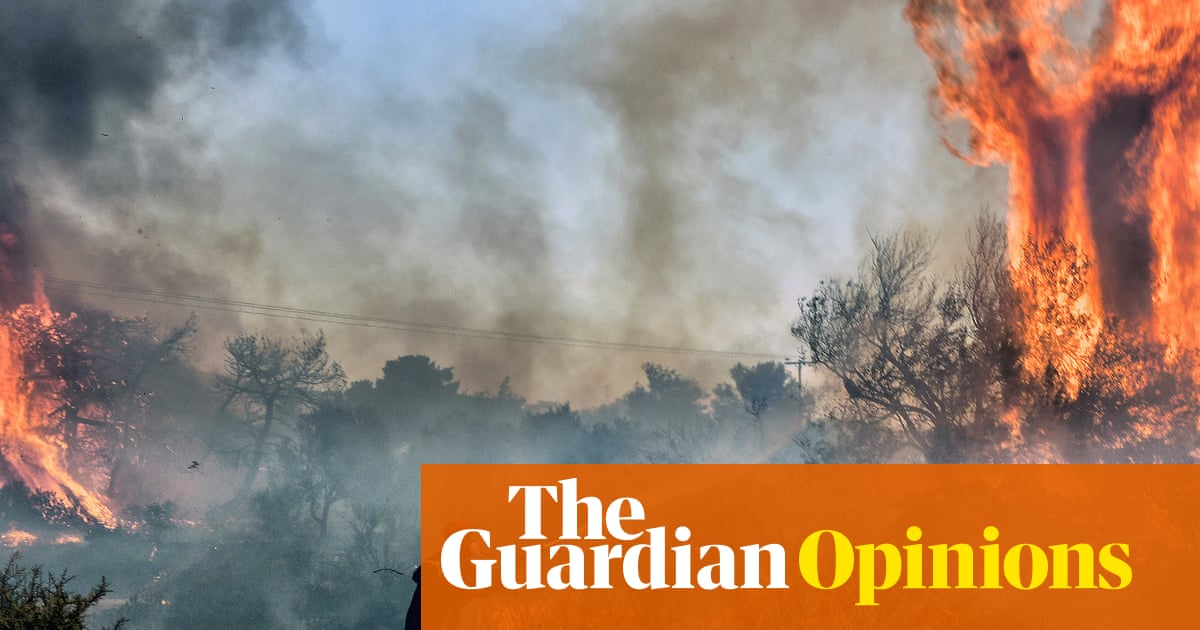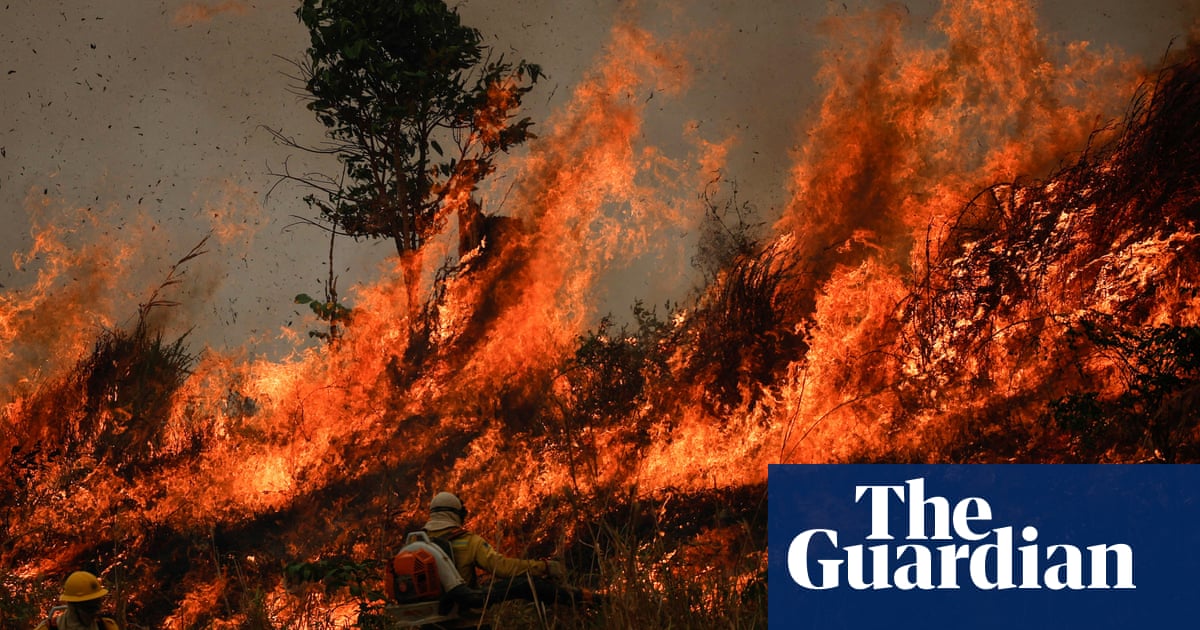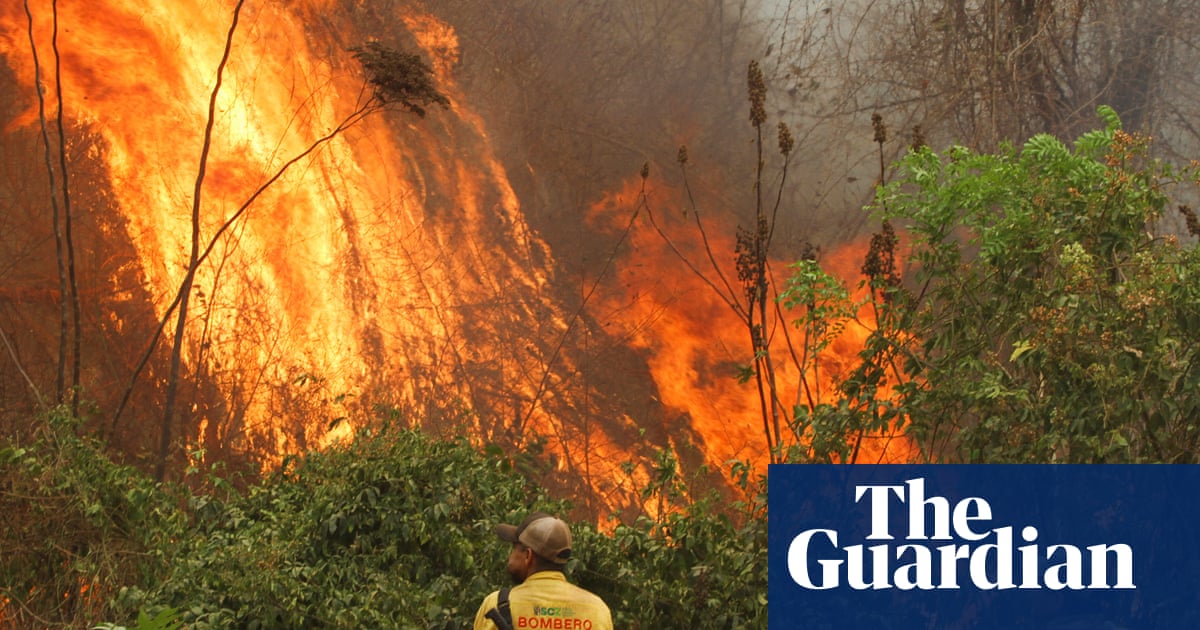fromAeon
22 hours agoFrom Michigan to Singapore, a meditation on dreams built on sand | Aeon Videos
A sprawling tale of two Singapores, the short documentary Sandcastles draws connections between Singapore, Michigan - a 19th-century ghost town swallowed by sand following widespread deforestation - and the island country of Singapore, where rapid development and land reclamation has, for decades, been enabled by the importation of sand. More poetic exploration than call to action, the work surveys waterways, cycles of development and the transient nature of sand - deceptively sturdy over short timescales but, over decades, quite volatile.
Philosophy






